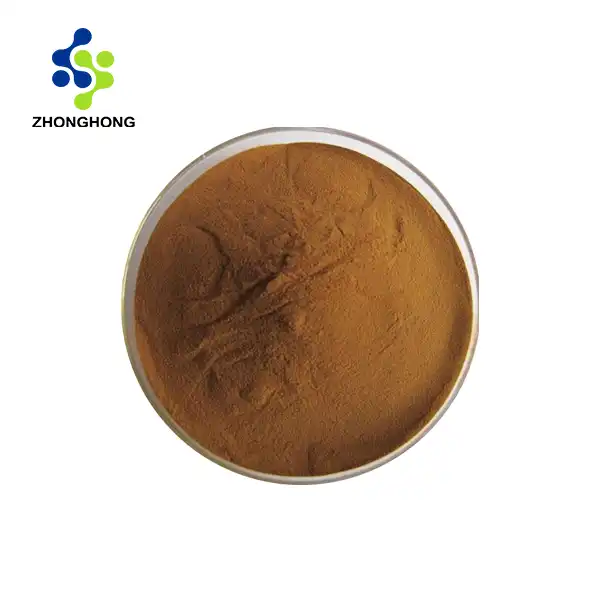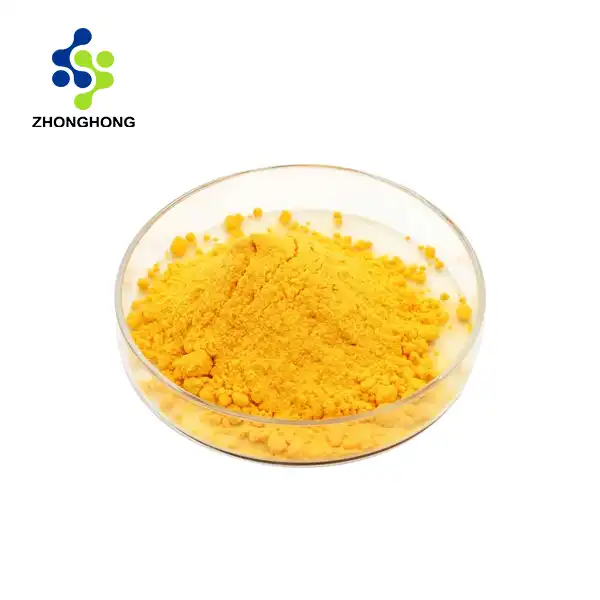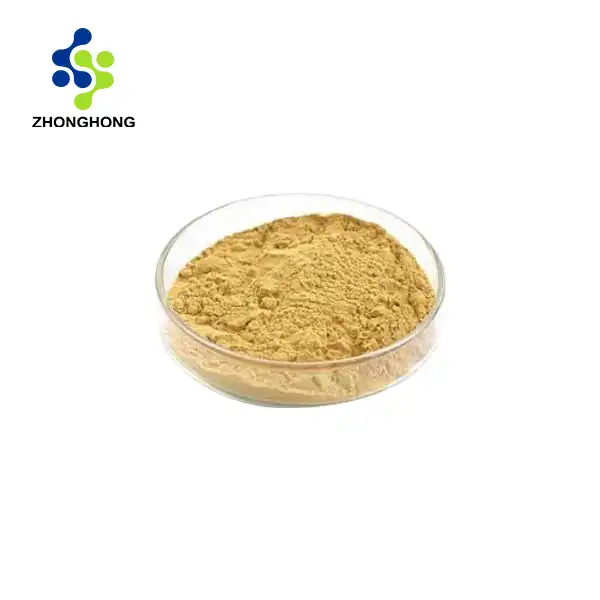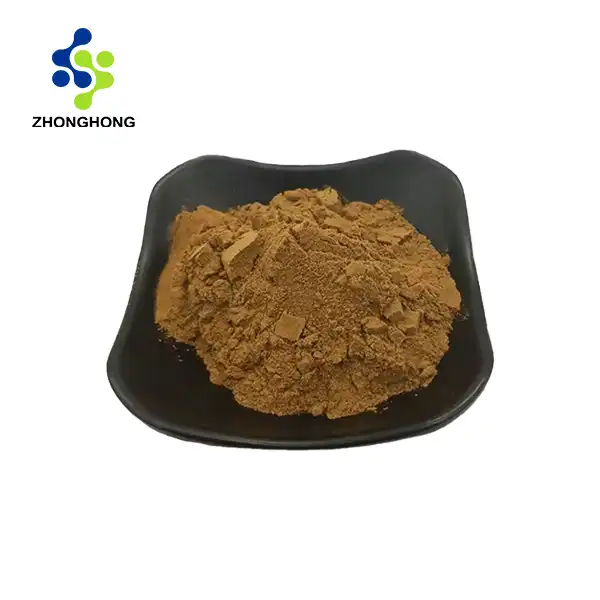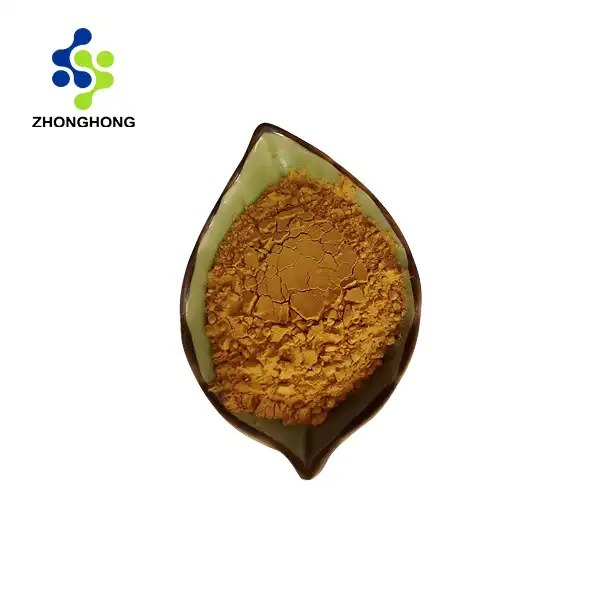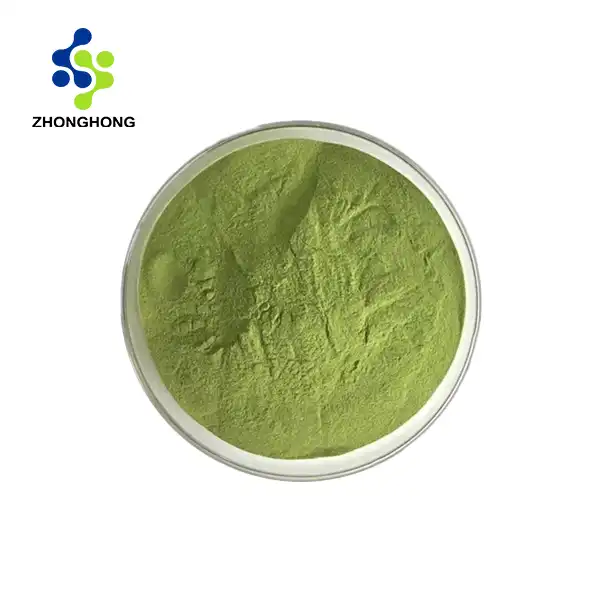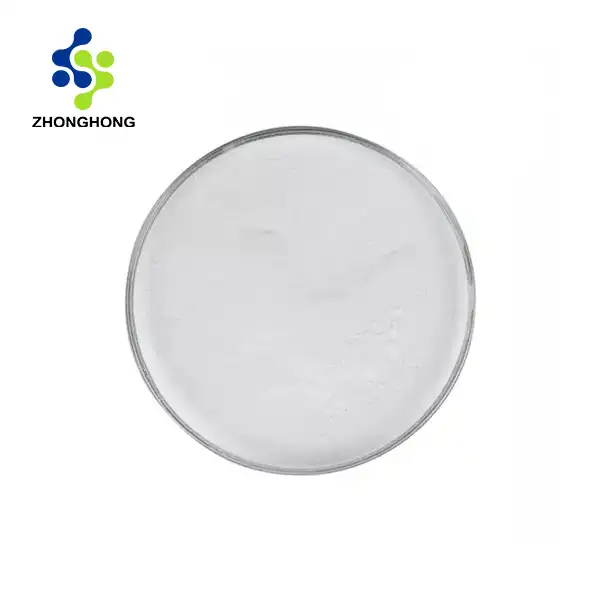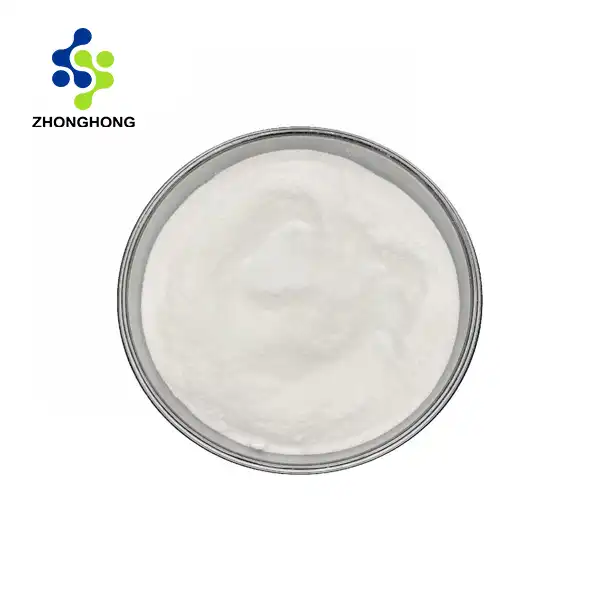How Astaxanthin Improves Skin Elasticity?
Collagen Production Boost
Astaxanthin plays a crucial role in enhancing skin elasticity by stimulating collagen production. Collagen, the protein responsible for maintaining skin structure and firmness, naturally decreases as we age. Astaxanthin helps counteract this decline by encouraging fibroblasts, the cells responsible for collagen synthesis, to increase their output. This boost in collagen production results in firmer, more resilient skin that's better able to withstand the effects of aging and environmental stressors.
Protection Against Oxidative Stress
One of the primary factors contributing to reduced skin elasticity is oxidative stress caused by free radicals. Astaxanthin's potent antioxidant properties make it exceptionally effective at neutralizing these harmful molecules. By scavenging free radicals, astaxanthin helps prevent damage to skin cells and the extracellular matrix, which includes elastin fibers. This protection allows the skin to maintain its natural elasticity and bounce, resulting in a more youthful and supple appearance.
Hydration Enhancement
Proper hydration is essential for maintaining skin elasticity, and astaxanthin excels in this area as well. This powerful compound helps improve the skin's moisture retention capabilities by strengthening the skin barrier function. By enhancing the skin's ability to hold onto water, astaxanthin contributes to plumper, more elastic skin that's less prone to sagging and fine lines. The improved hydration also leads to a smoother, more radiant complexion overall.
Anti-Aging Benefits of Astaxanthin
Wrinkle Reduction
One of the most sought-after anti-aging benefits of astaxanthin is its ability to reduce the appearance of wrinkles and fine lines. This effect is achieved through multiple mechanisms. Firstly, astaxanthin's collagen-boosting properties help plump up the skin from within, smoothing out existing wrinkles and preventing the formation of new ones. Additionally, its potent antioxidant action protects skin cells from damage that can lead to premature aging, helping maintain a more youthful appearance over time.
UV Protection
Sun damage is a primary contributor to premature aging, and astaxanthin offers impressive protection against harmful UV rays. While it's not a substitute for sunscreen, astaxanthin acts as an internal sunblock, helping to minimize the damaging effects of UV exposure on the skin. This protection extends to reducing sunburn, preventing hyperpigmentation, and mitigating the breakdown of collagen and elastin caused by UV radiation. By incorporating astaxanthin into your skincare routine, you're providing your skin with an extra layer of defense against photoaging.
Inflammation Reduction
Chronic inflammation can accelerate the aging process, leading to a host of skin concerns including redness, irritation, and premature wrinkles. Astaxanthin's potent anti-inflammatory properties help combat these issues, promoting a calmer, more balanced complexion. By reducing inflammation at the cellular level, astaxanthin helps soothe irritated skin, even out skin tone, and create a more youthful, radiant appearance. This anti-inflammatory action is particularly beneficial for those with sensitive or reactive skin types.
Astaxanthin in Topical vs. Oral Applications
Topical Application Benefits
Applying astaxanthin topically allows for direct delivery to the skin, offering immediate and targeted benefits. Topical formulations, such as serums or creams, can provide localized antioxidant protection and help improve skin texture and appearance. These products are particularly effective for addressing surface-level concerns like fine lines, uneven skin tone, and dryness. The lipophilic nature of astaxanthin enables it to penetrate the skin layers effectively, ensuring that its benefits reach deeper into the dermis for optimal results.
Oral Supplementation Advantages
Taking astaxanthin orally as a supplement offers a systemic approach to skin health. When ingested, astaxanthin is distributed throughout the body, including to the skin, providing protection and benefits from the inside out. Oral supplementation can lead to improvements in overall skin quality, including enhanced hydration, increased elasticity, and reduced signs of aging across the entire body. This internal approach is particularly beneficial for addressing skin concerns that originate beneath the surface, such as loss of firmness or deep wrinkles.
Combining Topical and Oral Use
For optimal results, many skincare experts recommend combining both topical and oral applications of astaxanthin. This dual approach allows you to harness the benefits of both methods, providing comprehensive skin protection and rejuvenation. Topical products can address immediate, surface-level concerns while oral supplements work from within to support long-term skin health. When used together, these methods can synergistically enhance each other's effects, leading to more dramatic improvements in skin appearance and overall health.
Conclusion
Astaxanthin stands out as a powerful natural ingredient for achieving radiant, youthful skin. Its ability to improve elasticity, combat aging signs, and protect against environmental damage makes it a valuable addition to any skincare routine. Whether applied topically or taken orally, astaxanthin offers a holistic approach to skin health, promising a natural path to that coveted healthy glow. If you want to get more information about this product, you can contact us at liaodaohai@gmail.com.
_1728976869676.webp)
